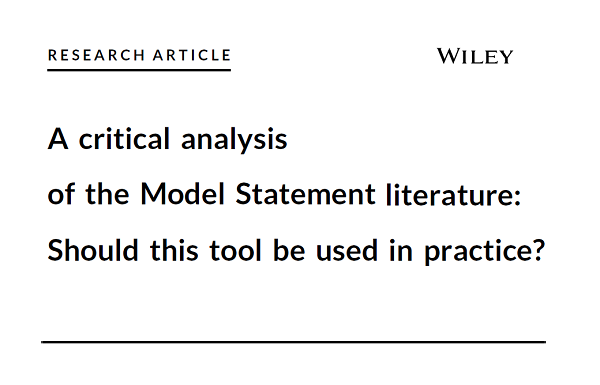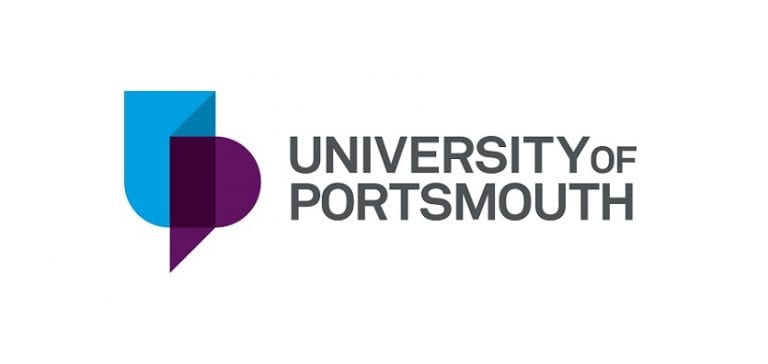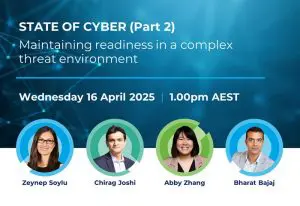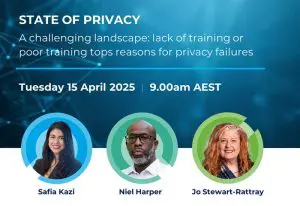Research
A critical analysis of the Model Statement literature: Should this tool be used in practice?
Abstract
Investigators need to elicit detailed statements from interviewees to find potential leads, whilst simultaneously judging if a statement is genuine or fabricated. Researchers have proposed that the Model Statement (MS) can both (a) increase information elicitation from interviewees and (b) amplify the verbal differences between liars and truth tellers, thereby enhancing lie‐detection accuracy. Based upon a critical analysis of the MS literature, we argue that this tool is not currently ready for practical usage, as its utility has not been fully established. We highlight a diverse range of existing MS scripts, and a greater diversity in the dependent measures examined in conjunction with this tool. More robust replications of these procedures are needed. We also highlight why some measures of verbal content may not be suitable as outcome measures and suggest that new research could use the well‐established reality monitoring criteria to allow for standardization across studies.
INTRODUCTION
Lies are typically difficult to detect (Vrij, 2008). Theoretically, this is because only small and unreliable differences exist between genuine and fabricated statements (DePaulo et al., 2003; Hartwig & Bond, 2011). As such, researchers have begun developing interviewing techniques to magnify available cues to deception and improve lie detection performance (Vrij & Granhag, 2012). Built upon the insight that longer, more detailed statements typically contain more cues to deception that shorter statements (Vrij et al., 2007), at the core of this ‘informationgathering’ approach is the goal of obtaining as much information as possible from an interviewee (Bull, 2010; Fisher, 2010; Fisher, Milne, & Bull, 2011). One example of such a tool is the Model Statement (MS).
The MS is an example of a detailed statement (on an unrelated topic to that of the interview), designed to encourage interviewees to report more detailed statements (Porter et al., 2018). Researchers have indicated that the MS technique is currently being used by practitioners (Leal, Vrij, Deeb, & Kamermans, 2019a), such as police and intelligence officials (see Vrij, Leal, Mann, Vernham, & Brankaert, 2015; Vrij, Leal, & Fisher, 2018a). Additionally, the Centre for Research and Evidence on Security Threats website also provides advice on how to create your own MS (https://crestresearch.ac.uk/resources/model-statement-technique/). It therefore seems opportune to assess how well this approach may translate into practice. For this reason, the authors have conducted a critical analysis of the literature which highlights the following issues, the diverse range of dependent measures used within MS research (see Table 1), the variation in MS scripts (see Table 2) and the lack of a theoretical rationale for using the MS (see Table 3). We argue that, based on the above issues, the MS should not be used in practice in the current form. Recommendations for the development of the MS are provided.
Publisher's website.
SHARE:

About the Provider






